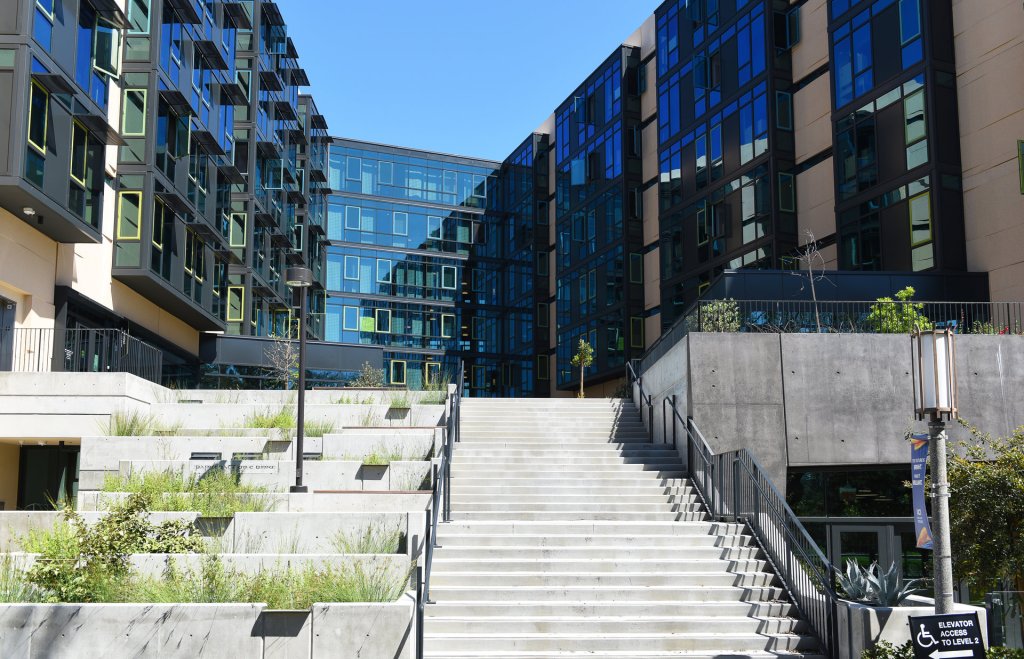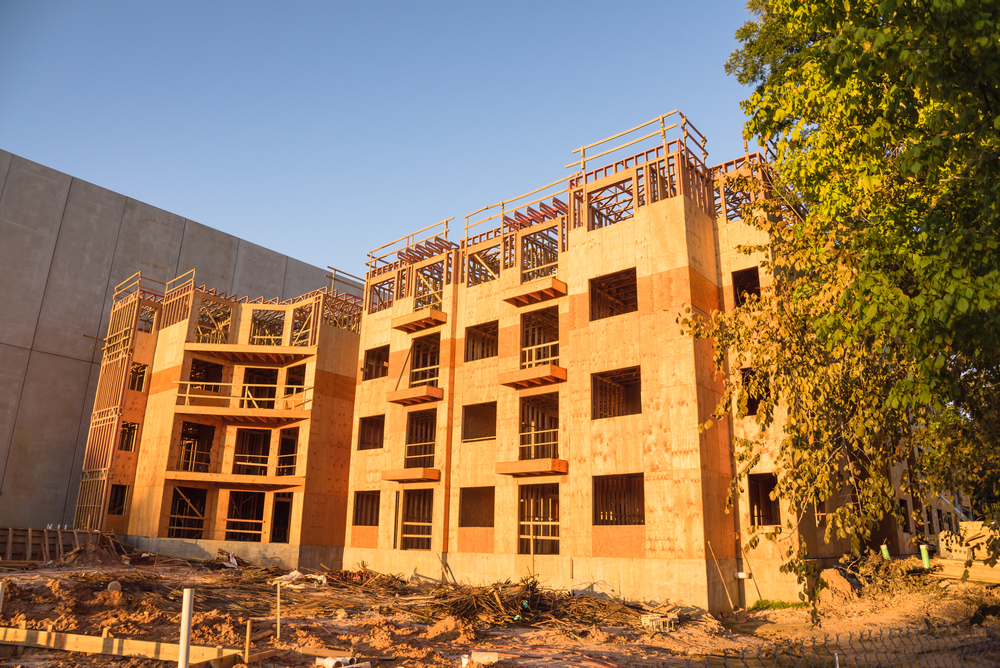Student Housing
New product from Yardi Matrix
Already well known in the industry for its dependable, up-to-date and prescient market data, Yardi Matrix will take those skills to school as it begins reporting on the student housing sector. The new research area from Yardi Matrix comes at a particularly opportune time, as student housing owners and investors are navigating an uncertain environment […]



